Black Sci-Fi Characters: Transforming the World and the Genre
Spotlight Stories - Visual Archive
Science fiction has long been a space where creators explore the fantastical and the unimaginable, reflecting human hopes and anxieties. However, for decades, Black representation in this genre was minimal, often relegating Black characters to the sidelines or caricature-like roles. Recent strides in storytelling have reshaped this narrative, with Black sci-fi characters stepping into roles of power, agency, and depth. These characters challenge stereotypes, inspire marginalized communities, and add nuanced dimensions to a genre that thrives on diversity of thought and experience.
In this article, we explore the transformative power of Black sci-fi characters, the importance of Black representation in the genre, and how these characters often outperform original expectations, elevating stories with their presence. We'll celebrate iconic figures such as Static Shock, Blade, Black Lightning, Morpheus, and others while analyzing how they reshape our perception of science fiction and the real world.
Science fiction is a powerful tool for imagining different futures, confronting systemic issues, and proposing radical changes. However, when a genre lacks diverse perspectives, it narrows the scope of its imagination. Black representation in sci-fi is not just about inclusivity; it’s about authenticity and the acknowledgment of Black culture, struggles, and triumphs as integral to human experience.
Black characters in sci-fi serve as a mirror and a map. They mirror societal issues like systemic oppression and environmental justice while offering a map for a better future. They challenge monolithic depictions of Blackness by showcasing heroes, antiheroes, and complex individuals who are scientists, warriors, rulers, and rebels. Importantly, these characters provide much-needed representation for Black audiences, proving that they, too, belong in narratives of exploration, innovation, and survival.
Static Shock
Virgil Hawkins, better known as Static Shock, is a teenager with electromagnetic powers. He represents the resilience of youth from marginalized communities. Created by Dwayne McDuffie and the Milestone Comics team, Static deals with relatable challenges like gang violence, racism, and peer pressure while embracing his role as a superhero. His animated series, Static Shock, brought representation to Saturday morning cartoons, proving that Black superheroes resonate across demographics.
Blade
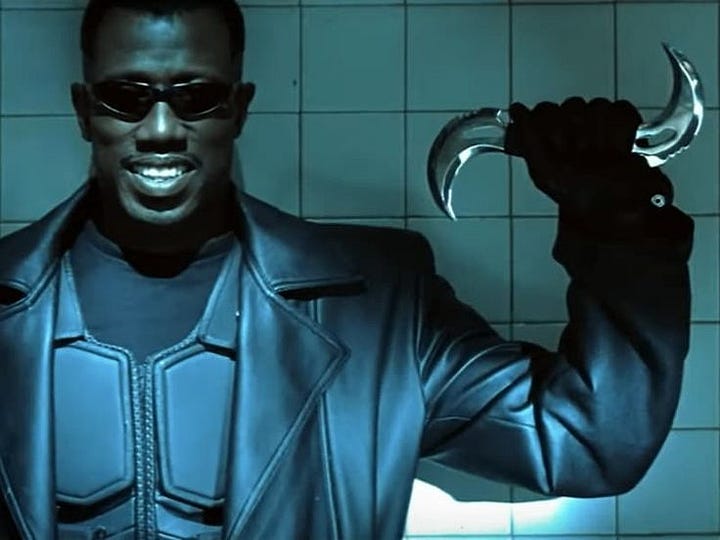
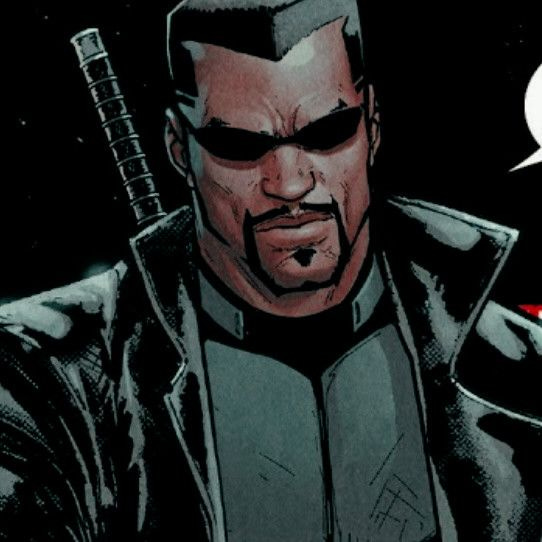
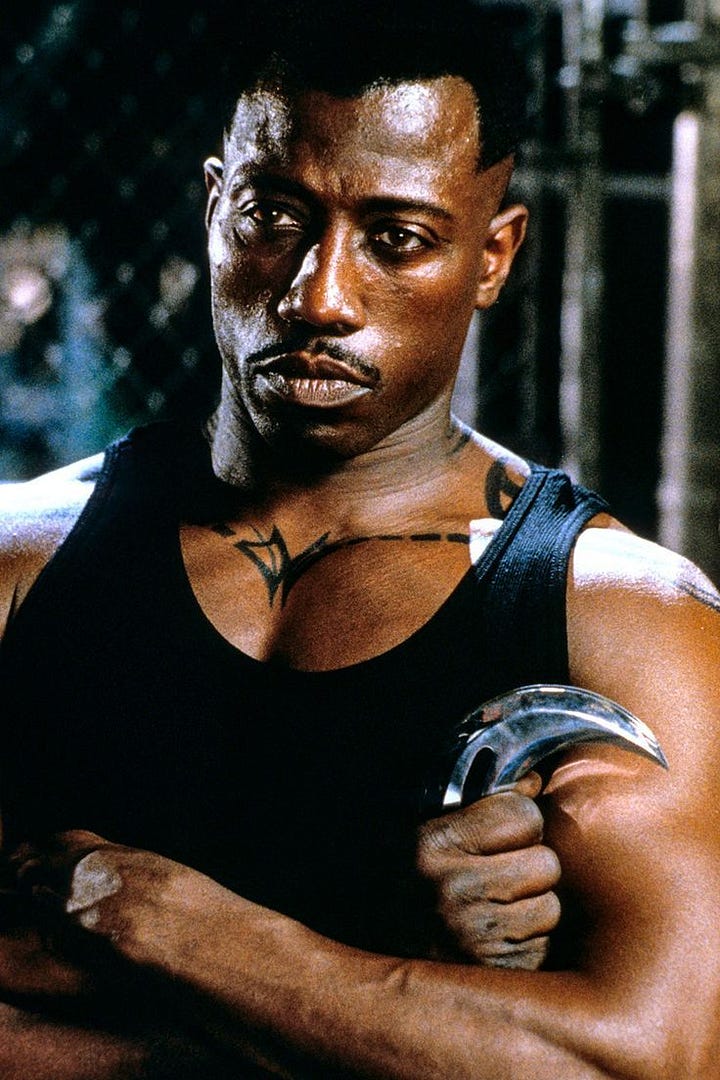
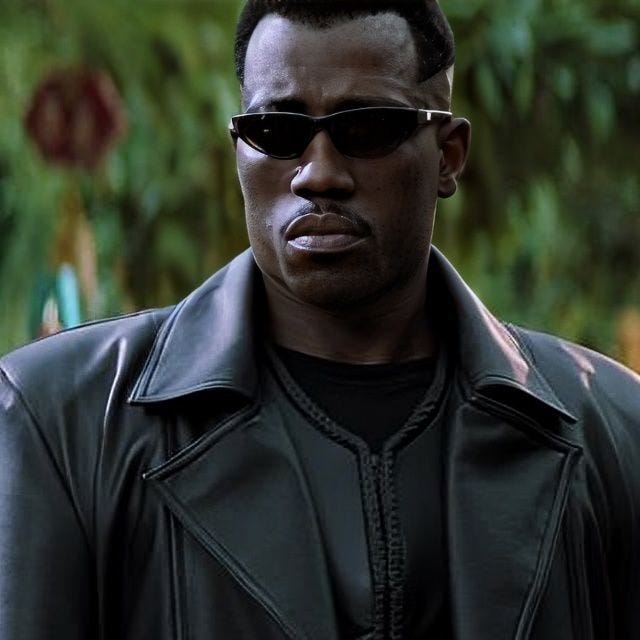
Wesley Snipes’ portrayal of Blade revolutionized superhero films. Blade, a half-human, half-vampire hybrid, is a fearless vampire hunter whose grit and style set a high bar for Marvel films. Snipes' performance transcended stereotypes, introducing a darker, edgier hero. Blade’s financial success paved the way for the modern superhero genre, including the Marvel Cinematic Universe.
Black Lightning
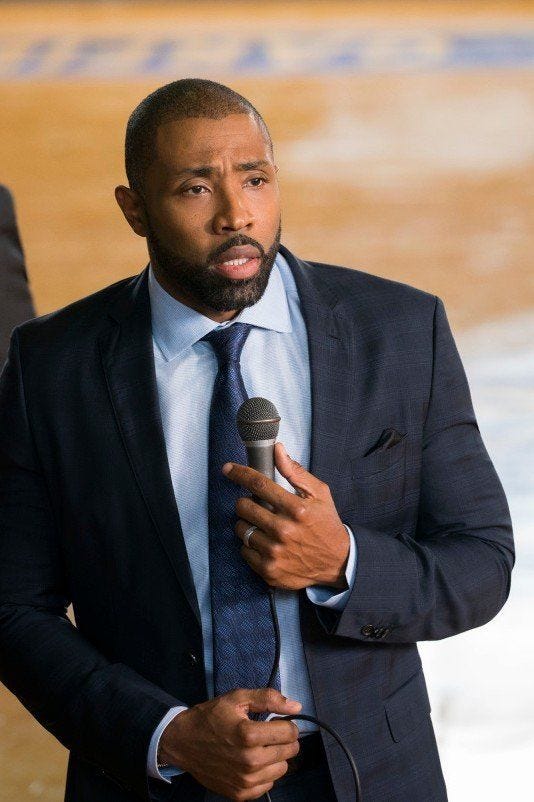

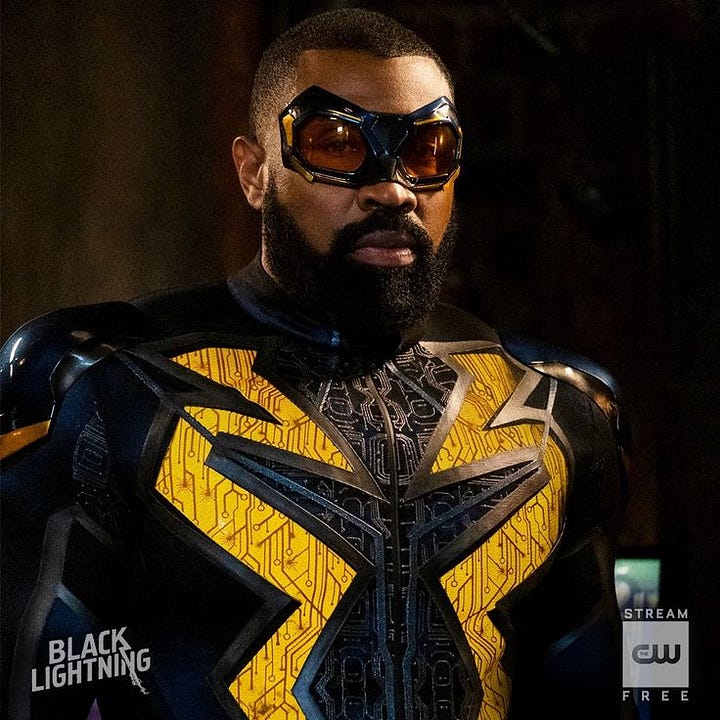
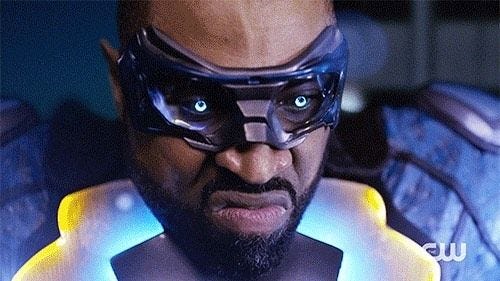
Jefferson Pierce, aka Black Lightning, embodies strength and community leadership. A high school principal and superhero, he fights corruption and systemic injustice in Freeland. His character spotlights issues like police brutality and education inequity while demonstrating how Black heroes can be grounded in real-world struggles and triumphs.
Morpheus (The Matrix Series)
Laurence Fishburne’s Morpheus is a mentor and revolutionary leader who offers Neo (and viewers) a choice between remaining in ignorance or embracing truth. As the face of wisdom, rebellion, and hope in The Matrix, Morpheus challenges preconceived notions of leadership, positioning a Black man at the helm of humanity’s liberation from oppression.
Boyd (From)
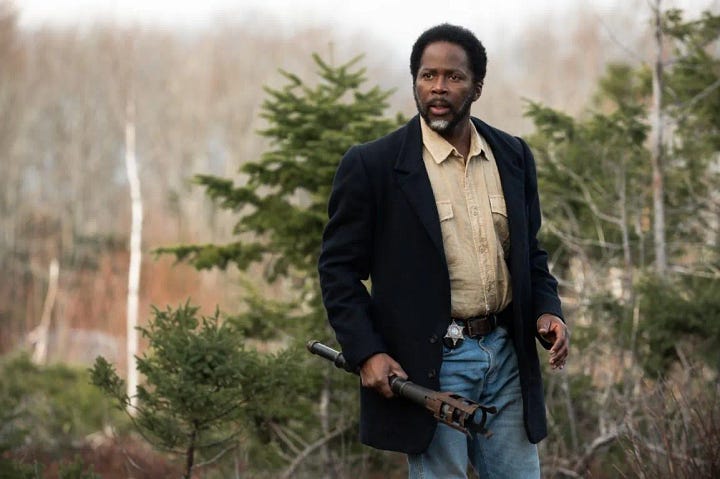
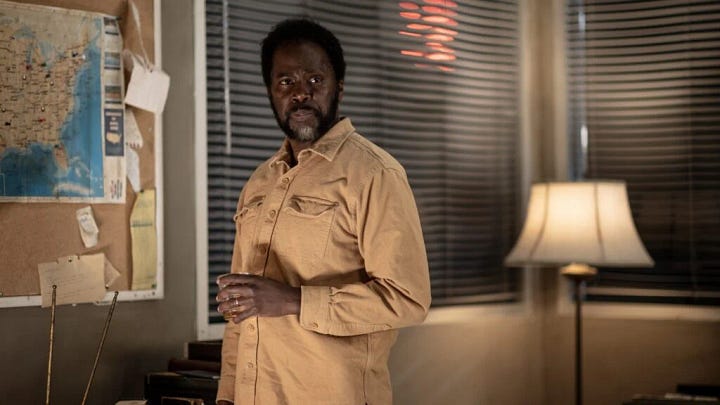
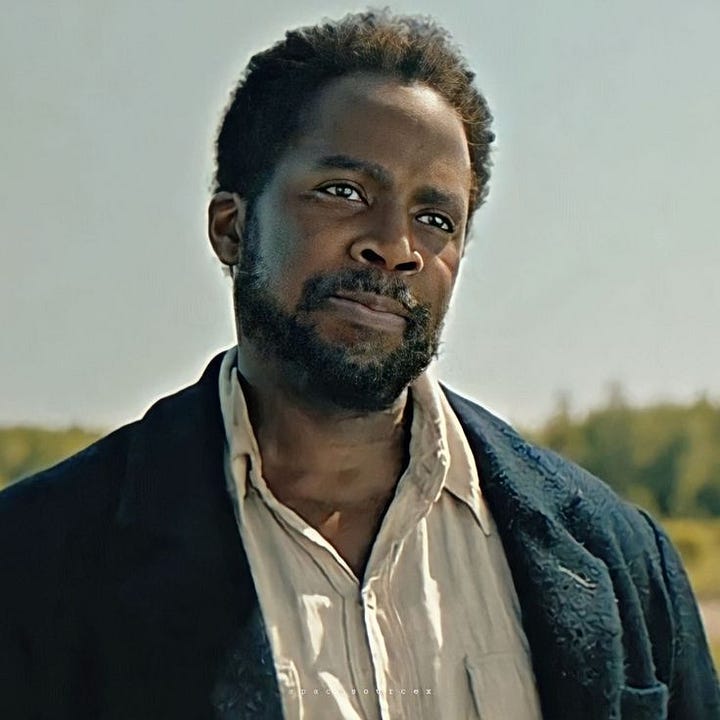
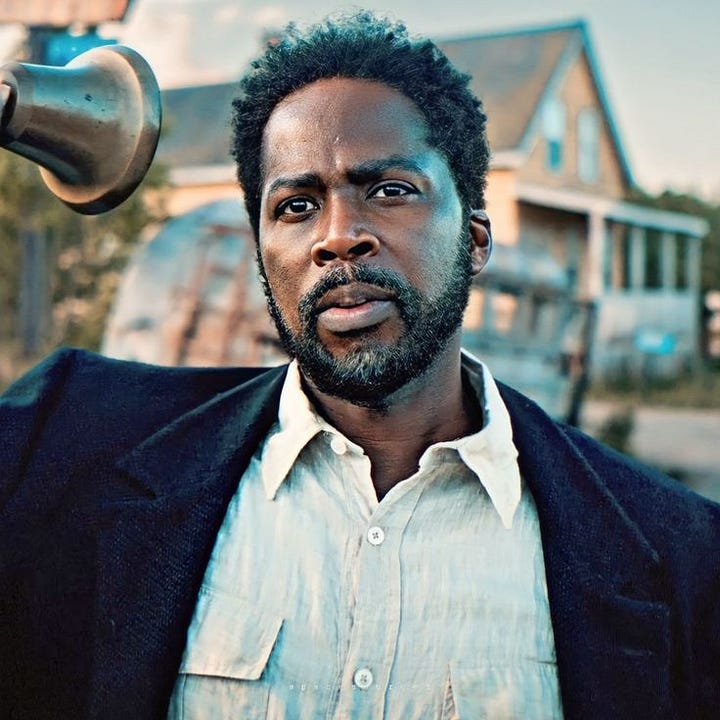
In the psychological horror series From, Boyd, portrayed by Harold Perrineau, emerges as a reluctant yet determined leader in a mysterious, nightmarish town. Boyd’s character reflects the quiet heroism of someone who carries the weight of others’ survival, showcasing the emotional and strategic complexities of leadership.
Storm (X-Men)
Storm, Marvel’s first Black female superhero, is a goddess-like figure whose weather-manipulating powers reflect her deep connection to nature and humanity. With her regal bearing and commitment to justice, Storm is a pioneer for strong, multidimensional Black women in sci-fi and superhero narratives. Her storylines, which often explore themes of identity, belonging, and leadership, resonate universally.
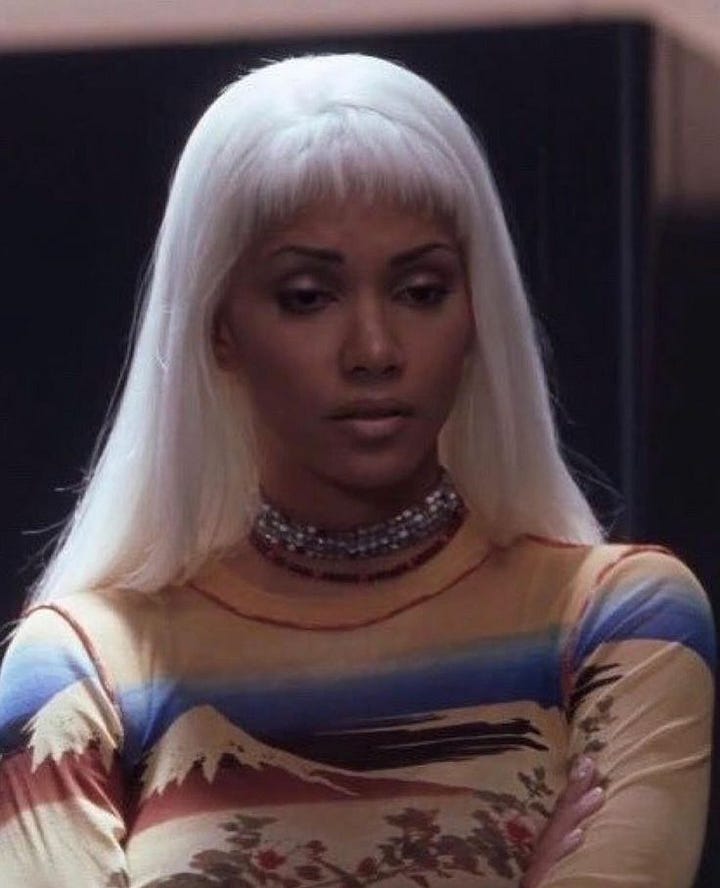
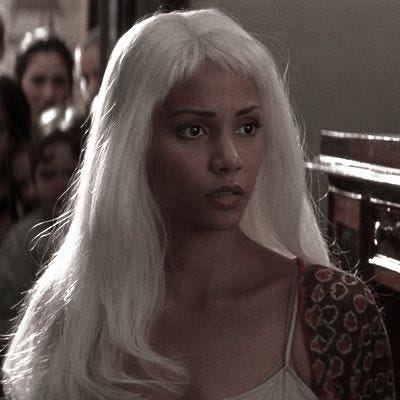
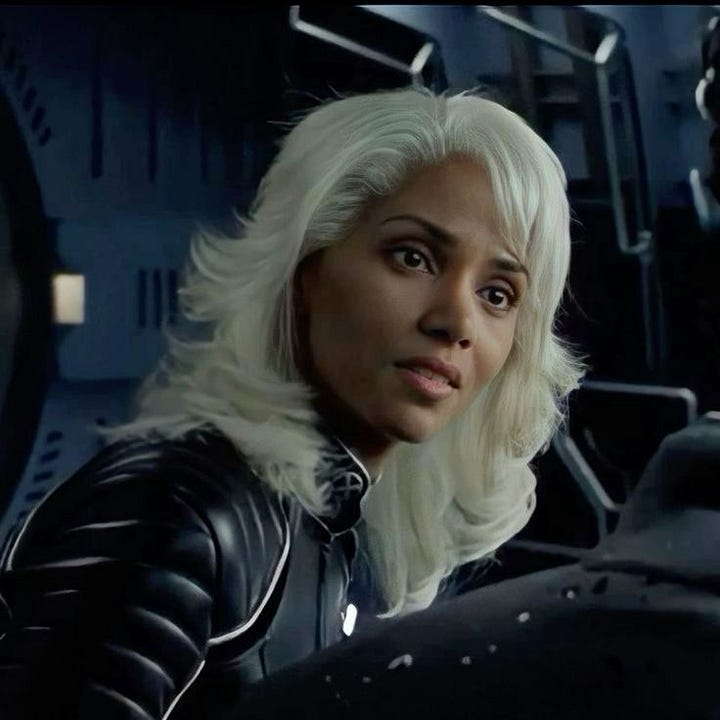
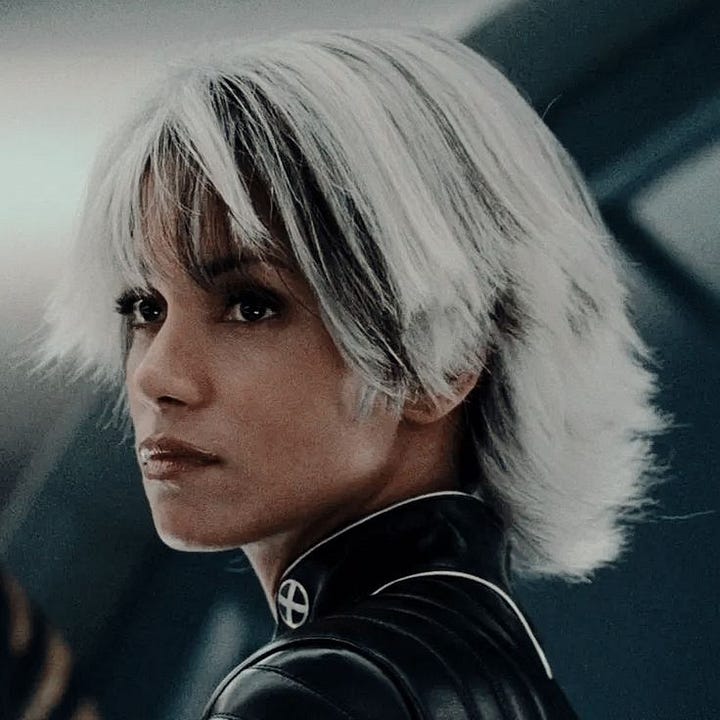
Nick Fury (Marvel Cinematic Universe)

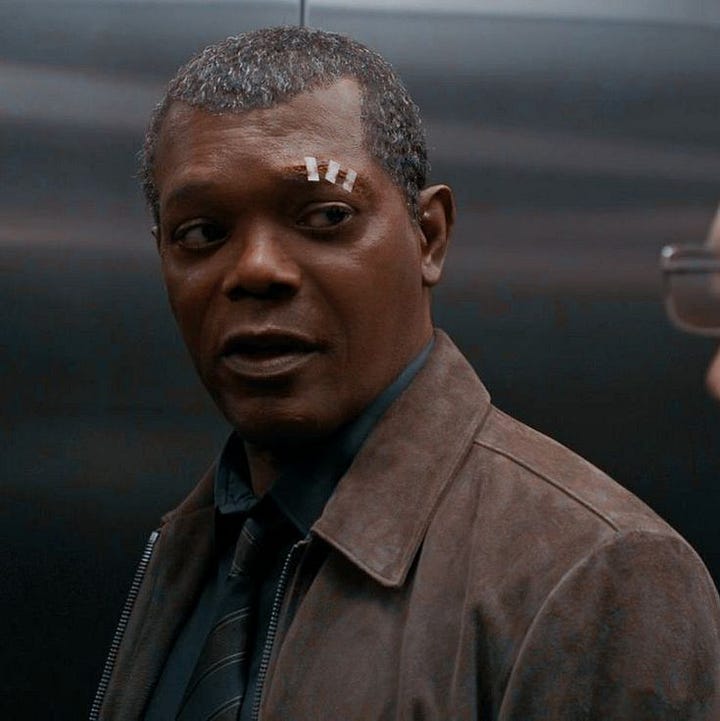
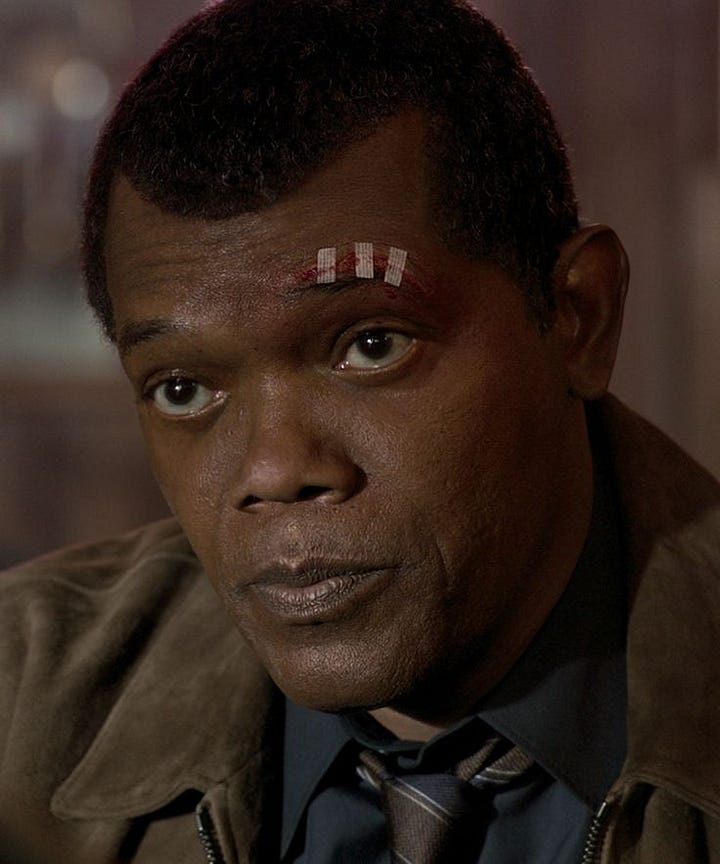
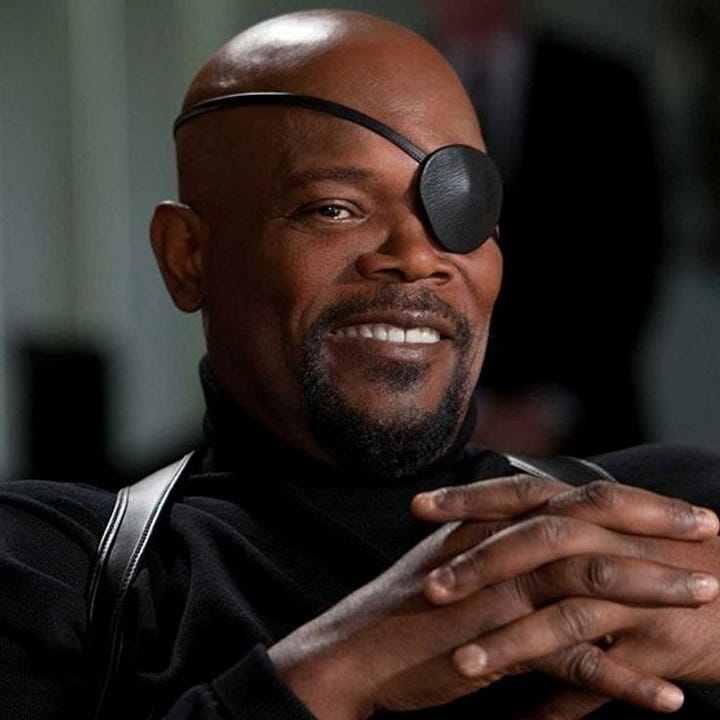
Samuel L. Jackson’s portrayal of Nick Fury is charismatic and commanding. As the architect of the Avengers Initiative, Fury proves that behind every great team of superheroes is a leader who can see the bigger picture. His race is incidental to his character’s excellence, a subtle yet significant step toward normalizing Black leadership in narratives.
T’Challa (Black Panther)
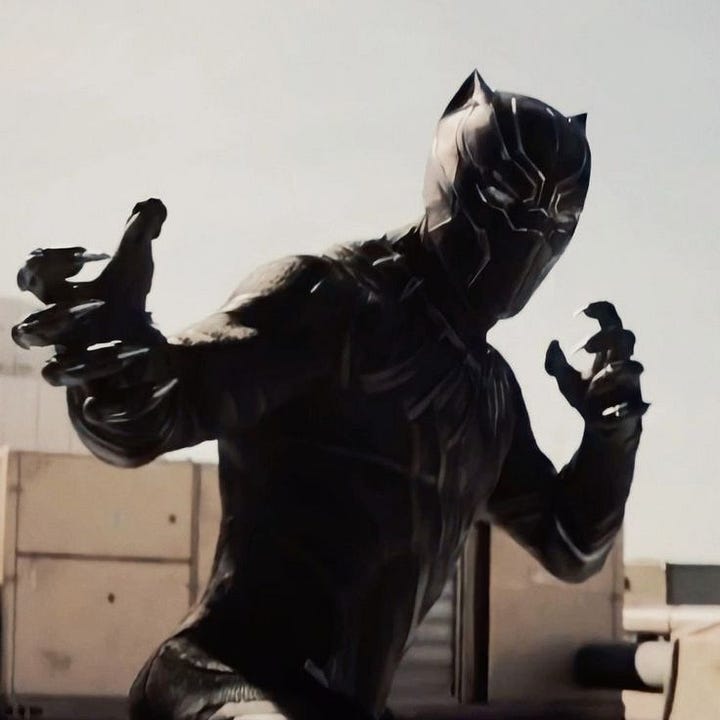
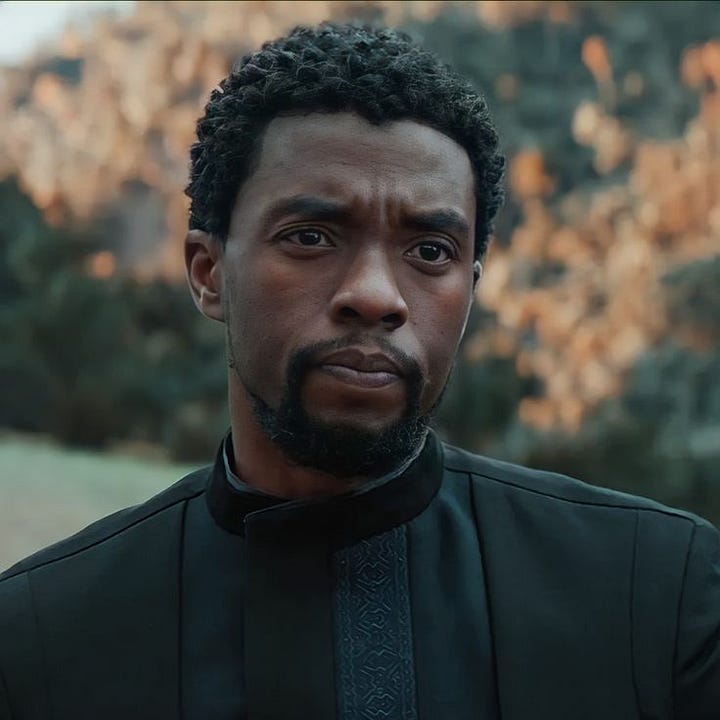
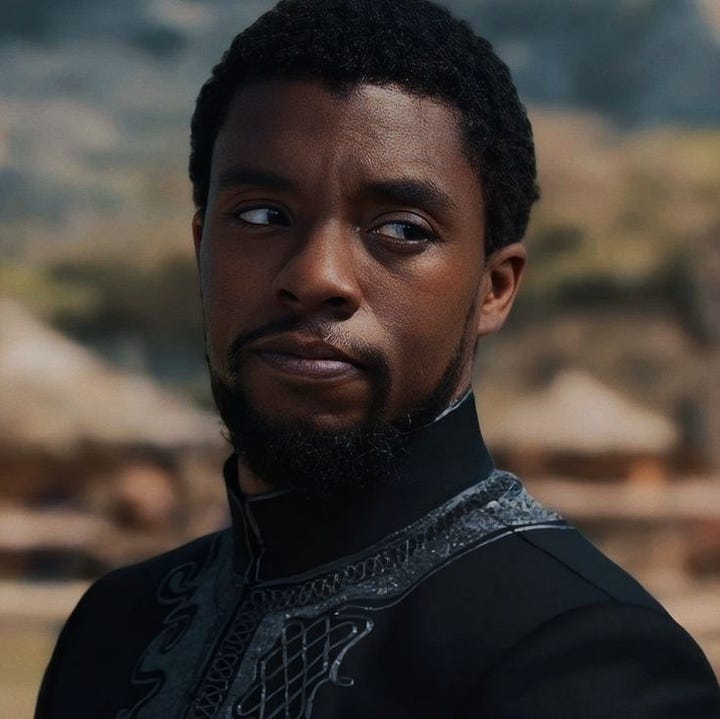
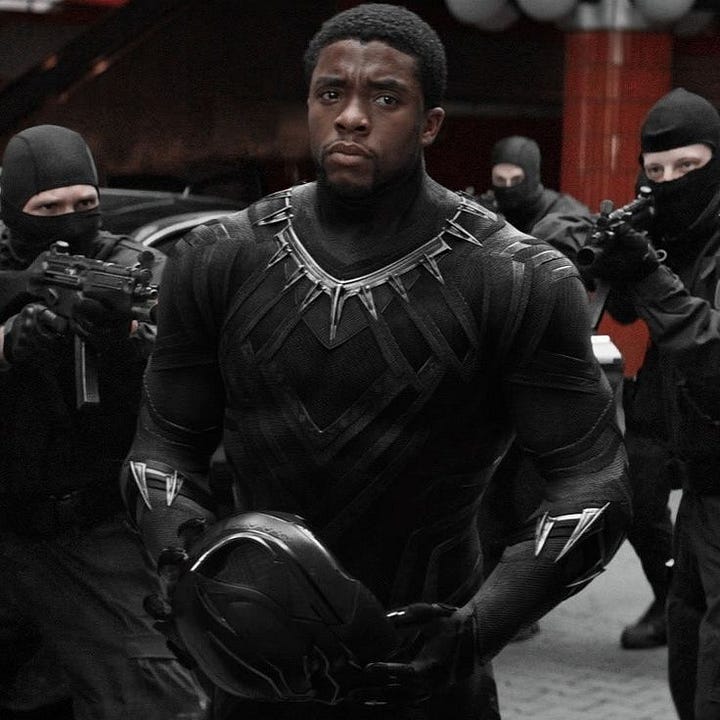
T’Challa, portrayed by Chadwick Boseman, redefined Black representation in sci-fi and superhero cinema. As the king of Wakanda, a technologically advanced African nation, T’Challa balances tradition and innovation. Black Panther celebrated Black culture, history, and resilience while presenting a vision of Black futurism that captured global imagination.
Essun (The Broken Earth Trilogy)
N.K. Jemisin’s Broken Earth trilogy introduces Essun, a mother with incredible earth-manipulating powers in a dystopian world plagued by environmental collapse. Essun’s journey is one of survival, motherhood, and rebellion, offering a richly textured portrayal of a Black woman fighting against oppressive systems. Her resilience is emblematic of broader struggles for justice and equity.
Aneka (Black Panther: Wakanda Forever)
Aneka, a fierce warrior and inventor within the Dora Milaje, symbolizes the empowerment of Black women in Black Panther: Wakanda Forever. Played by Michaela Coel, she represents progress and innovation, proving that traditional values and modernity can coexist harmoniously.
Mel Medarda (Arcane)
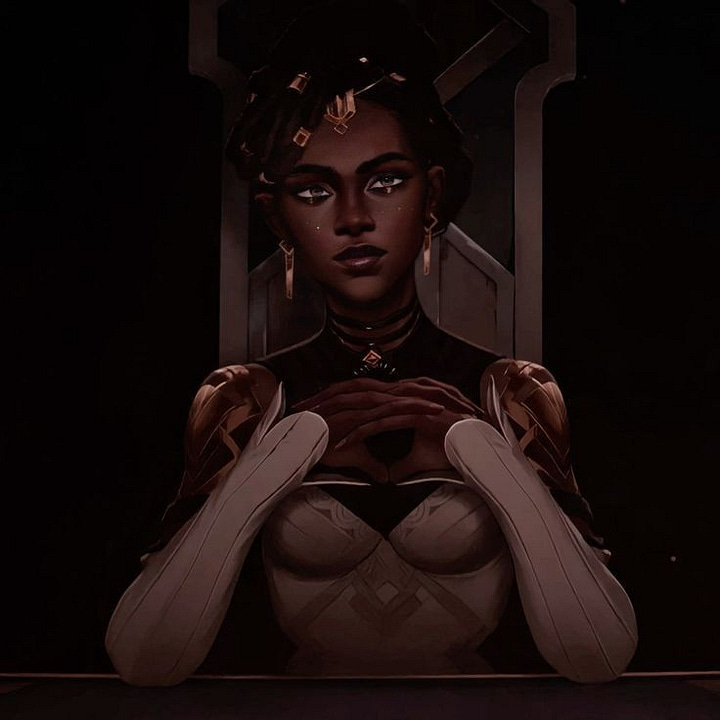
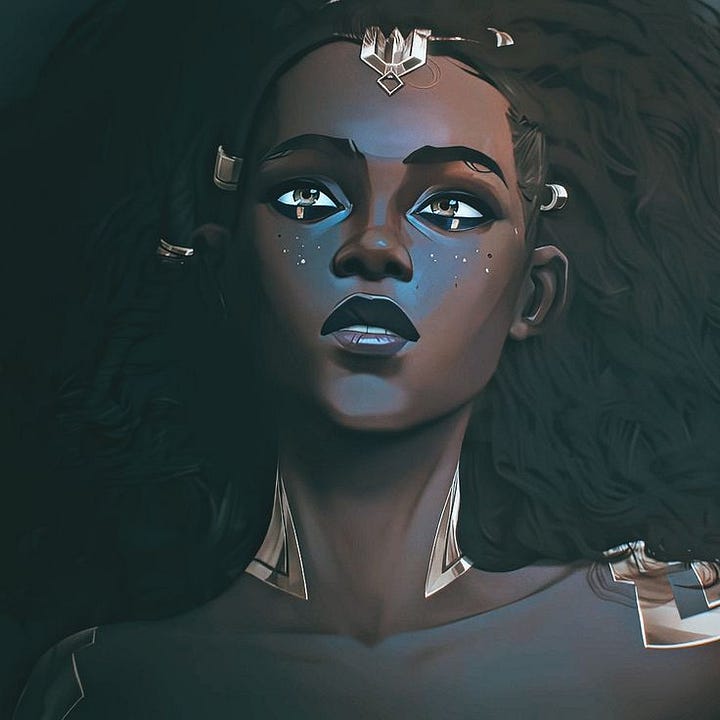
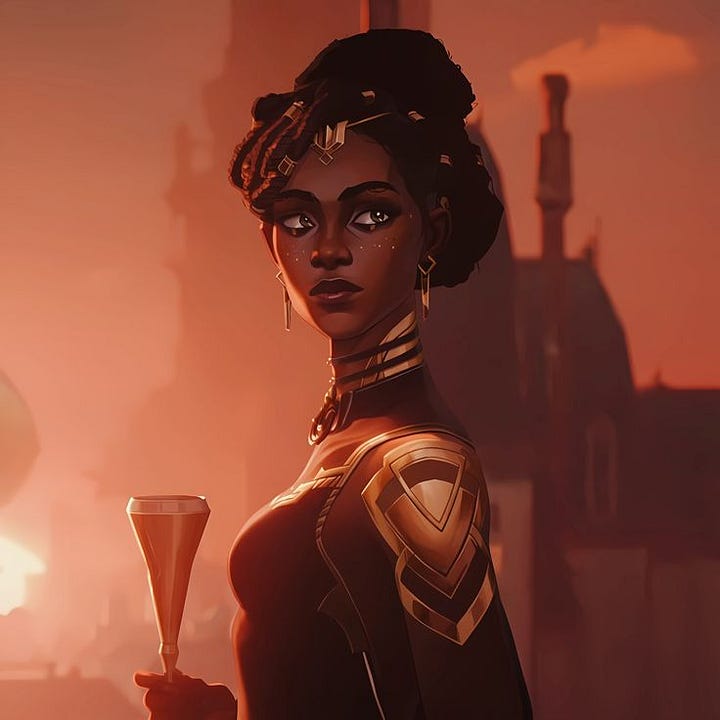
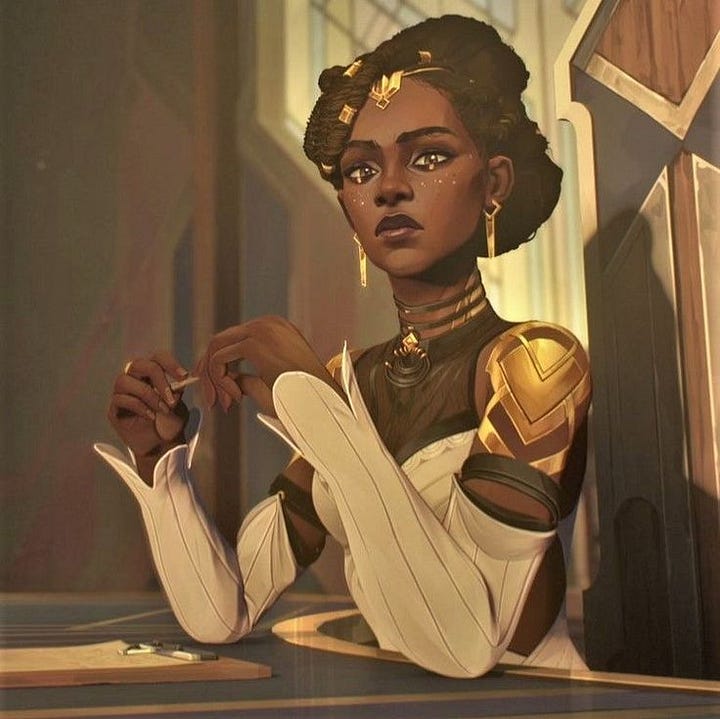
In Netflix’s Arcane, Mel Medarda is a cunning politician whose intricate backstory includes themes of love, power, and family conflict. Her character brings elegance and complexity to the steampunk-inspired world of League of Legends, showcasing the nuanced portrayal of Black women in speculative fiction.
Iris West (The Flash)
Candice Patton’s Iris West in The Flash is a journalist and central figure in Barry Allen’s life. Her race-blind casting was groundbreaking for a traditionally white character, and her chemistry with Grant Gustin redefined Iris as a pivotal emotional anchor in the DC Universe. Iris is proof that Black actors often bring more depth to characters, enhancing storytelling in ways that surprise even the original creators.

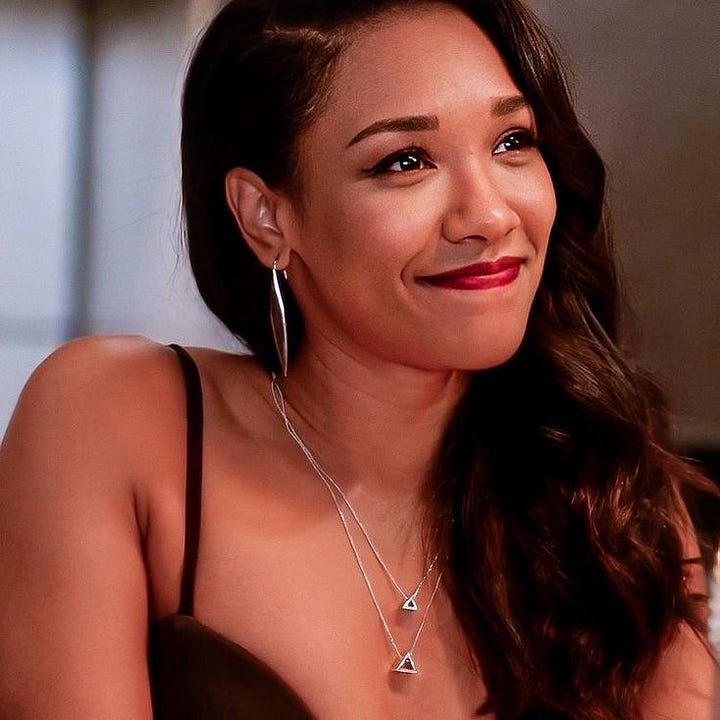
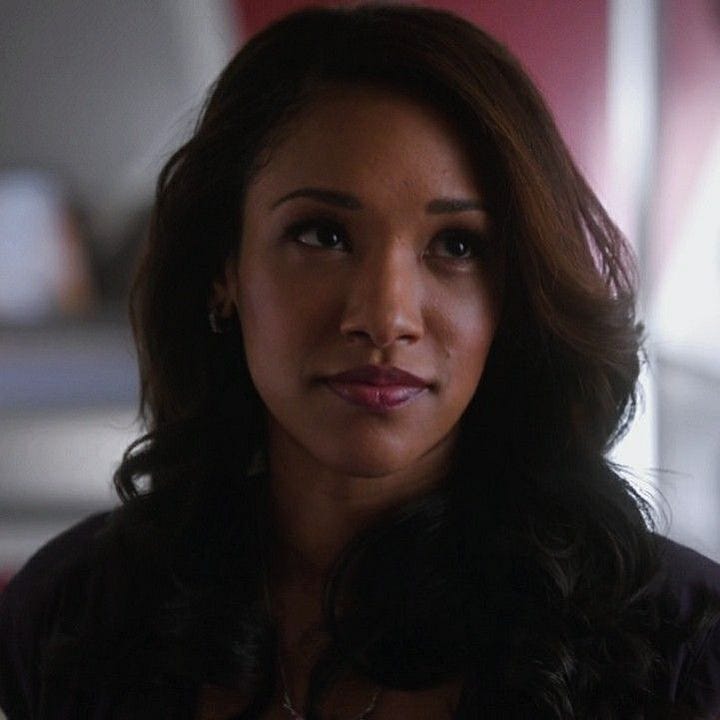
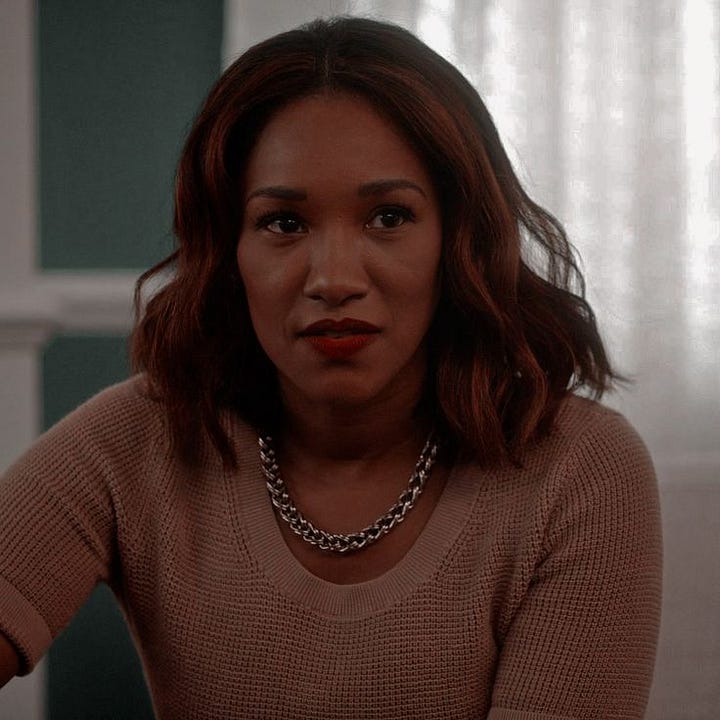
One of the most compelling aspects of Black characters in sci-fi is their ability to redefine archetypes. Whether cast as heroes, mentors, leaders, or rebels, these characters bring a richness that deepens the narrative.
Better Than Expected: In many cases, Black characters outperform the roles initially written for them. For example, Samuel L. Jackson’s Nick Fury became synonymous with leadership and strategy, outshining expectations of a supporting character.
Layered Complexity: Characters like Boyd from From and Essun from The Broken Earth Trilogy showcase emotional depth that reflects real-world struggles, making them relatable and inspiring.
Cultural Enrichment: Films like Black Panther and shows like Static Shock weave cultural pride and social commentary into their narratives, enriching the genre while broadening its audience.
The rising prominence of Black sci-fi characters signals a brighter future for the genre. It opens doors for more Black creators to tell their stories, ensuring that the next wave of characters is even more diverse, representative, and groundbreaking.
Black representation in sci-fi isn’t just a trend; it’s a necessity. As these characters transform the genre, they also transform audiences, proving that inclusion isn’t just about fairness—it’s about expanding the limits of imagination and possibility. From Static Shock to T’Challa, these icons inspire us to envision a future where everyone has a seat at the table of innovation and exploration.
In celebrating these Black sci-fi characters, we’re not just honoring their creators and actors but acknowledging the power of representation. These characters challenge the status quo, uplift marginalized voices, and most importantly, remind us that the future belongs to everyone.
The journey toward richer representation and deeper storytelling in sci-fi begins with us. At Realm Empire Industries, we’re building a vibrant community of creators, thinkers, and fans who are passionate about celebrating diverse voices and exploring bold new ideas. Whether you want to discuss your favorite Black sci-fi characters, discover emerging creators, or share your own visions of the future, our space on the Geneva app is the perfect place to connect.
👉 Join us today by clicking this link: https://links.geneva.com/invite/01687b11-1c29-4080-9913-a2fd4c1f77f8
(exclusive content is out now)
Together, we can transform the narrative and create a sci-fi universe that reflects the beauty and brilliance of every voice. See you there! 🚀✨
Black Girl Groups and Their Global Impact
The legacy of Black girl groups is a cornerstone in the history of music, culture, and empowerment. From the 1960s to today, these groups have influenced fashion, set trends in music production, and amplified the voices of Black women globally. Through harmonies, resilience, and innovation, these groups have created a lasting legacy. Let’s explore how s…












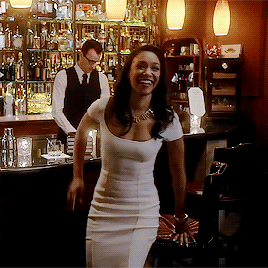

This is what I’ve been waiting for!! I love this so much.
the exclusive content is really the gem!!!